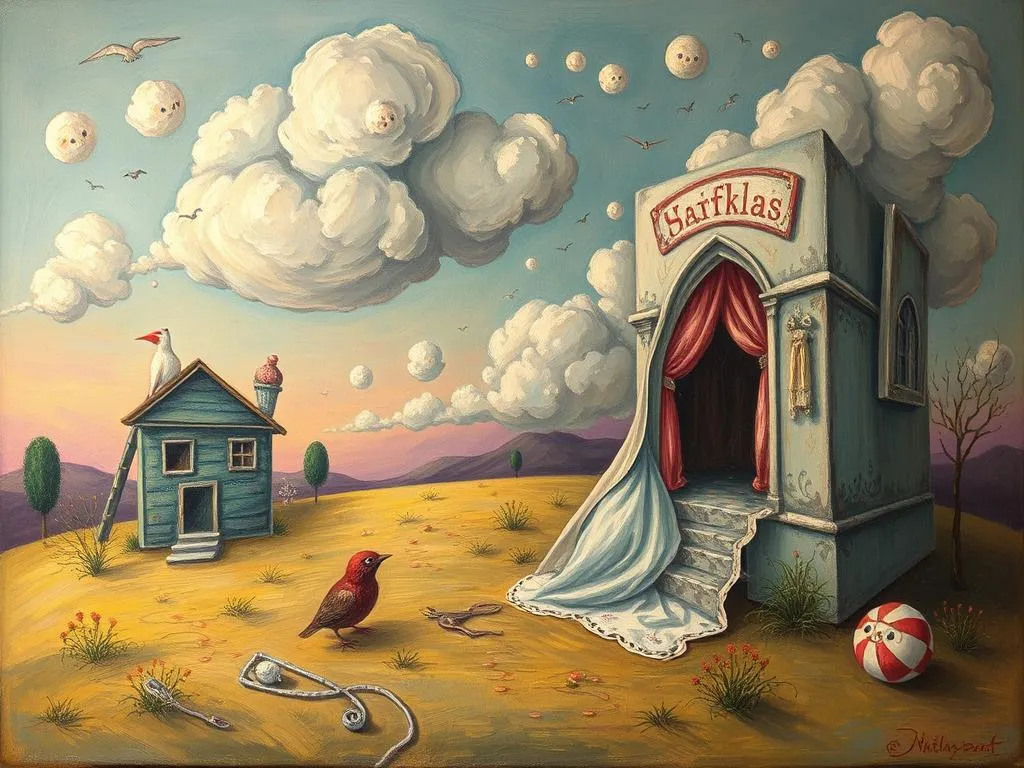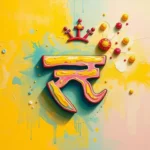
Dreams have long fascinated humanity, serving as a window into our subconscious thoughts, fears, and desires. Among the myriad dream themes, the occurrence of ugly acts—such as violence, betrayal, or moral transgressions—stands out due to its unsettling nature. These dreams can evoke strong emotions, leaving dreamers feeling confused or distressed upon waking. Understanding the significance of these dreams is crucial, as they often reflect deeper psychological states and unresolved issues. This article aims to unravel the symbolism behind ugly acts in dreams, explore various scenarios, and provide insights for personal reflection.
Symbolism and Meaning
The symbolism of ugly acts in dreams extends beyond the surface level of what is actually happening in the dream narrative. At their core, these dreams often manifest our internal conflicts, insecurities, and suppressed emotions.
One prominent symbol is violence. When violence appears in a dream, it can signify feelings of powerlessness or anger that the dreamer may be experiencing in their waking life. This does not necessarily mean that the dreamer harbors violent tendencies; rather, it may represent a struggle with assertiveness or a reaction to feeling overwhelmed. The dreamer might be grappling with situations where they feel mistreated or disrespected, and the violent imagery serves as a release for these pent-up emotions.
Another common symbol is betrayal. Dreams featuring treachery or untrustworthiness can indicate feelings of insecurity or fear of abandonment. The act of betrayal in dreams may reflect the dreamer’s concerns about their relationships, whether romantic, familial, or professional. It may also suggest that the dreamer is betraying their own values or beliefs, leading to feelings of guilt or shame.
Disgust is another significant element often tied to ugly acts in dreams. This feeling can symbolize a rejection of certain aspects of oneself or one’s life. For instance, if a dreamer engages in behavior that they inherently find repulsive, it may indicate a struggle with self-acceptance or a desire to distance themselves from negative influences or habits.
Different Perspectives
While the symbols above provide a general framework for interpreting ugly acts in dreams, it is essential to consider individual perspectives. Cultural background, personal experiences, and current emotional states can all influence how these symbols resonate with the dreamer. For example, a dream about violence may hold different meanings for someone who has experienced trauma compared to someone who has not. Additionally, the context of the dream—such as who is involved and the dreamer’s emotional reaction—can further mold its interpretation.
Key Scenarios and Variations
The manifestation of ugly acts in dreams can vary widely, leading to different interpretations based on specific scenarios. Understanding these variations is crucial for grasping the overall message of the dream.
One common scenario involves the dreamer witnessing an ugly act rather than participating in it. This could signify feelings of helplessness in a situation where they feel they cannot intervene or make a difference. It may also indicate a fear of being complicit in wrongdoing, even if they are not directly involved. For example, seeing someone being bullied in a dream may reflect the dreamer’s anxiety about standing up against injustice in their waking life.
Another scenario might involve the dreamer committing an ugly act. This can be particularly distressing, as it often leads to feelings of guilt or shame upon waking. However, such dreams can serve as a crucial opportunity for self-reflection. They may indicate that the dreamer is grappling with their darker impulses or unresolved anger. Engaging in an ugly act in a dream may symbolize a need to confront these feelings rather than suppress them.
The context of the dream can also change its meaning significantly. For instance, if the dreamer is committing an ugly act in a chaotic environment, it may represent a struggle with external pressures or a sense of losing control. Conversely, if the act occurs in a familiar or safe setting, it may point to a conflict within the dreamer that needs to be addressed.
Additionally, the presence of other characters in the dream can alter its interpretation. If a family member or close friend is involved in the ugly act, it may signal unresolved issues in that relationship. Conversely, if a stranger is involved, it may represent an aspect of the self that the dreamer finds repugnant or is struggling to understand.
Real-Life Connections and Takeaways
Understanding the implications of ugly acts in dreams can be immensely valuable for personal growth and self-awareness. These dreams often reflect real-life situations that require attention and introspection. By examining the emotions and symbols present in the dream, readers can uncover insights that may guide them in their waking lives.
One practical approach is to maintain a dream journal. Recording dreams immediately upon waking can help capture the emotions and details that may fade with time. This practice allows for deeper analysis, as dreamers can revisit their dreams and identify patterns or recurring themes. Over time, they may notice connections between their dreams and real-life situations, leading to greater self-awareness.
Another important takeaway is to confront the emotions that arise from these dreams. Instead of dismissing them as mere nightmares, dreamers should reflect on what feelings they evoke. Are there underlying frustrations or fears that need addressing? Engaging in activities such as journaling, meditation, or therapy can provide avenues for exploring these emotions constructively.
Dreamers should also consider the concept of boundaries. If their dreams involve themes of betrayal or violence, it may signal a need to establish or reinforce boundaries in their relationships. Recognizing personal limits and communicating them effectively can prevent feelings of resentment and protect against emotional harm.
Furthermore, these dreams may highlight the importance of self-acceptance. If a dreamer grapples with feelings of disgust towards their actions or self-image, it may be crucial to explore the roots of these feelings. Engaging in self-compassion and recognizing that everyone has flaws can lead to a healthier self-concept.
Lastly, it’s essential for dreamers to embrace the idea that dreams can serve as a catalyst for change. Rather than viewing ugly acts as purely negative experiences, they can be seen as opportunities for growth and self-discovery. By exploring the underlying messages, dreamers can navigate their waking lives with greater clarity and intention.
Reflecting on Your Dream
As you reflect on your own dreams involving ugly acts, consider the following questions:
- What specific symbols stood out to you in the dream?
- How did you feel during and after the dream?
- Are there any real-life situations that may have influenced this dream?
- What aspects of yourself or your life do you feel need addressing or accepting?
By engaging with these questions, you can deepen your understanding of your dreams and the emotions they evoke. Remember, dreams are a personal journey, and only you can decipher their true meanings.
Conclusion
In conclusion, dreams featuring ugly acts can be unsettling but hold valuable insights into our subconscious fears, desires, and unresolved conflicts. By exploring the symbolism, recognizing different scenarios, and connecting these dreams to real-life situations, dreamers can gain a profound understanding of themselves. Embracing these dreams as opportunities for self-reflection can lead to personal growth and emotional healing. As you navigate your own dreams, remember to approach them with curiosity and compassion, allowing their meanings to unfold in a way that resonates uniquely with you.







